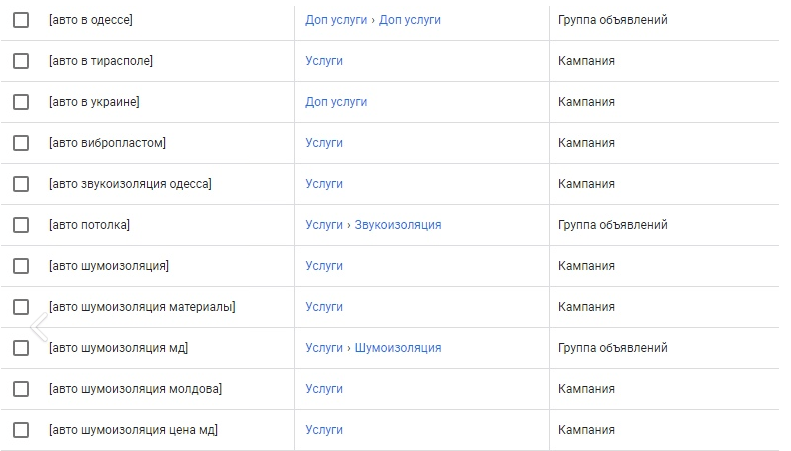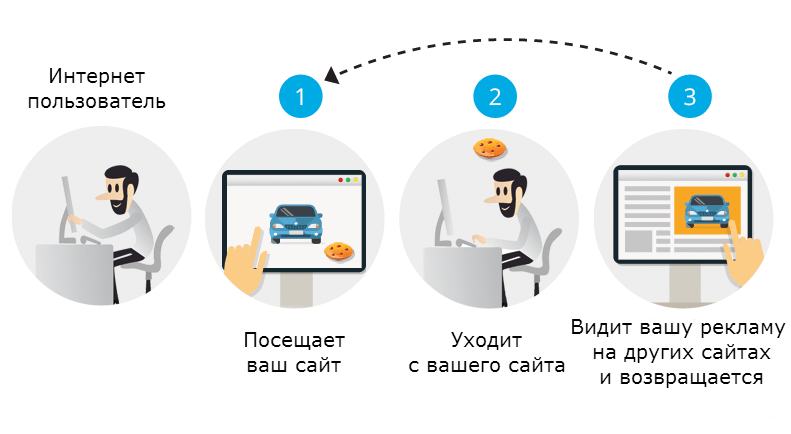Setting up contextual advertising is a whole art. And becoming an art critic is worth a lot in this matter. Literally expensive. Contextual advertising, due to commonplace mistakes of beginners, easily exceeds the daily cost overruns, and then they cannot competently collect statistics and explain where the money has gone.
So that you do not have to look embarrassed in front of customers, today we will tell you about the five most common mistakes that beginner PPC specialists make, and give recommendations on how to fix them. Also, for a complete understanding, you can read our article on how to use Google adwords.
Perhaps the most common mistake is inattention. Because of this, you might miss a critical keyword, set a wrong daily budget, or even add a keyword to your negative keyword list without noticing it even after a month. Therefore:
Always double-check all requests, sometimes they are too subtle, but extremely important.
Plan your budget ahead of time: Get the right daily limits and bids for your keywords.
Be extremely careful when adding to your stopword list so that you don't accidentally add a keyword to it.
Many people make a mistake when creating campaigns, because of which they then get confused in setting up a daily budget. For example, instead of 3 campaigns, create one.
If you are selling tea, for example, then you should not add keywords for all types of drinks in one campaign. Better to divide into 3-4 campaigns - green tea, black tea, white tea, red tea. This should be done in order to regulate the daily budget for each variety: green tea can be a more popular product than red, and it is more logical to put a budget on it, for example, $ 20, and on others - $ 10.
Many PPC managers do not even know that such functionality exists. Seriously. They spend the budget in vain, and then shrug their shoulders, they say, “ I set everything up correctly, I don't know where your sales growth is”.
Let's turn to our tea topic again. Imagine that you sell tea only in Chisinau. You will often come across requests "buy tea in Balti", "buy tea in Soroca", etc. Stop words are used for these: just add “Balti” to the list of stop words, and no more request related to Balti will display your ads. This can actually save 50% of the budget, because every click costs money, and such irrelevant clicks will not bring profit.
Practical example:
The client deals with soundproofing apartments and everything related to this, but does not deal with soundproofing cars. On the day of inquiries about car noise isolation, there were about 50. After the work on identifying and cleaning negative keywords, the display of client's ads for such irrelevant queries was reduced to “very rarely, almost never”. Here's what the list of negative keywords looks like (and this is only 1%, in fact, it is many times larger):

Remarketing is an indispensable marketing tool for getting customers to come back to your site. How does remarketing work:
a person visits your resource and receives a special label in the browser cookie;
after a while they leaves the website;
your ads are shown to them on other portals;
the user ultimately decides to return to you.

Why remarketing is useful:
Increases conversion rates
Retains regular customers
Promotes sales growth
“Important! Advertisements are shown only to those site visitors who have shown interest in your product/service”.
A very common mistake is incorrect keyword match types. Let's take a look at the types of matches:
Broad match - keyword
Phrase Matching - "Keyword"
Exact match - [keyword]
When using broad match, typos, synonyms, and various related queries will be used. This match is suitable for the widest possible audience coverage.
When using phrase matching (specified using the "" operator), ads will only appear to whole keywords.
When using an exact match (specified using the [] operator), ads will be displayed only to a pure keyword, without additional synonyms or typos.
There are many more mistakes associated with setting up and maintaining contextual advertising, we have highlighted only a few of them. This is something that must definitely be eliminated from your practice if you want to become a really good PPC specialist (Middle, Senior). And an almost disarming question: have you already implemented the Google Analytics code for your ad campaigns? If not already, then this is the first thing to do after reading this publication.
Leaders in the IT market |
| 14+ years of experience and innovative solutions to help your business stand out and grow. |
Inspiring portfolio |
| 150+ successful projects: from sleek landing pages to complex corporate systems. |
Team of experts |
| 51+ professionals who bring your ideas to life with maximum efficiency. |

| NOTORIUM TRADEMARK AWARDS |
| Notorium Trophy 2017, Notorium Gold Medal 2018, Notorium Gold Medal 2019 |

| TRADE MARK OF THE YEAR |
| Gold Medal 2016, Gold Medal 2017, Gold Medal 2018, Gold Medal 2019 |

| THE BEST EMPLOYER OF THE YEAR |
| According to the annual Survey conducted by AXA Management Consulting - 2017, 2018, 2019 |